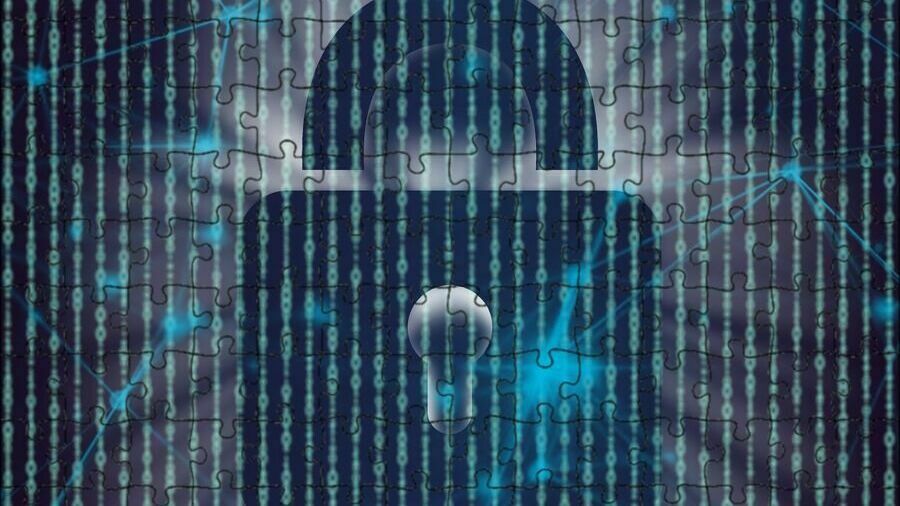Posted 10 февраля 2023, 13:02
Published 10 февраля 2023, 13:02
Modified 10 февраля 2023, 13:13
Updated 10 февраля 2023, 13:13

Network battles: the number of computer crimes in the Russian Federation has increased by a multiple since the beginning of its
As you know, on Thursday, February 9, the State Duma amended the Criminal Code of the Russian Federation on the confiscation of property obtained as a result of crimes in the field of computer information.
The bill supplements the Code with the following articles, for the commission of crimes for which confiscation of property can be applied:
- "Fraud using electronic means of payment";
- "Fraud in the field of computer information";
- "Unauthorized access to computer information";
- "Creation, use and distribution of malicious computer programs";
- "Violation of the rules of operation of storage, processing or transmission of computer information and information and telecommunication networks";
- "Unlawful impact on the critical information infrastructure of the Russian Federation".
The timeliness of this decision is evidenced by the fact that currently every fourth crime is committed using information and communication technologies or in the field of computer information.
At the same time, most of these crimes were committed using the Internet, mobile communications, computer equipment and software.
According to the Ministry of Internal Affairs and the Central Bank of Russia, the number of computer crimes committed is growing every year. In just one year from 2020 to 2021, such an increase amounted to over 62%, and the number of crimes has increased by a multiple since the beginning of the SVO. For example, the number of crimes of unlawful influence on the critical information infrastructure of the Russian Federation has increased sevenfold, the number of calls of fraudsters to citizens from mobile phones in 2022 increased by 3362% - 35 times. Quarterly damage from such actions amounts to an average of 4 billion rubles, and mostly ordinary citizens suffer from them.
At the same time, most of these crimes are committed by intruders from outside the jurisdiction of the Russian Federation, as evidenced by the low percentage of return (slightly more than three) by banks of funds to citizens.
According to experts, confiscation can become an additional means of compensation for damage, but the return from it will be doubtful, since the subjects of crimes often register property obtained as a result of criminal actions on front persons and outside of Russian jurisdiction. An integrated approach to solving the problem by the state together with the Central Bank, telecom operators, public organizations and citizens for the prevention of such crimes and their suppression seems appropriate, analysts say.
Lawyers criticize this bill
At the same time, the Supreme Court and the Government of Russia gave a negative opinion on this bill, considering that the authors did not provide sufficient grounds for including fraud and illegal use of computer data in the list of "confiscation" compounds.
At the same time, the legal community has its own reasons for criticizing the legal novel under discussion. Lawyer, specialist in criminal law Alexander Khaminsky, told "NI":
"The point is that the current legal structure, on the one hand, clearly defines the socially dangerous nature and nature of the crimes listed in Article 104.1 of the Criminal Code of the Russian Federation, on the other hand, provides for measures aimed at protecting the legitimate interests of citizens, both victims and accused. According to Clause 4. Clause 3 of Article 81 of the Criminal Procedure Code of the Russian Federation, money, valuables and other property, including income from their use, obtained as a result of the commission of a crime, are returned to the rightful owner. By virtue of clause 2 of Article 104.1 of the Criminal Code of the Russian Federation, property acquired by a convicted person by legal means is not subject to confiscation. If, after the application of these norms, some objects and valuables still remain at the disposal of the convicted person, then other types of harm to the victim are primarily compensated at their expense. This procedure is established by Article 104.3 of the Criminal Code of the Russian Federation. After the exceptions are applied, in most cases the convicted person will not have any property left on which confiscation can be applied.
It is for these reasons that the legislator previously refrained from including fraud in the list of crimes provided for in Article 104.1 of the Criminal Code of the Russian Federation. Indeed, this composition provides for theft by deception or abuse of trust from the victims of property and money and, accordingly, within the meaning of the criminal law, other property is not subject to seizure. As for the instruments of committing a crime, as well as items restricted or prohibited for circulation on the territory of the Russian Federation, they are subject to confiscation and, in most cases, destruction by virtue of paragraphs 1, 2, 2.1, 3, paragraph 3 of Article 81 of the Criminal Procedure Code of the Russian Federation. Thus, the novelties proposed by the draft law, if adopted, will not find application in practice, since these circumstances are already fully regulated by the current criminal and criminal procedure legislation".